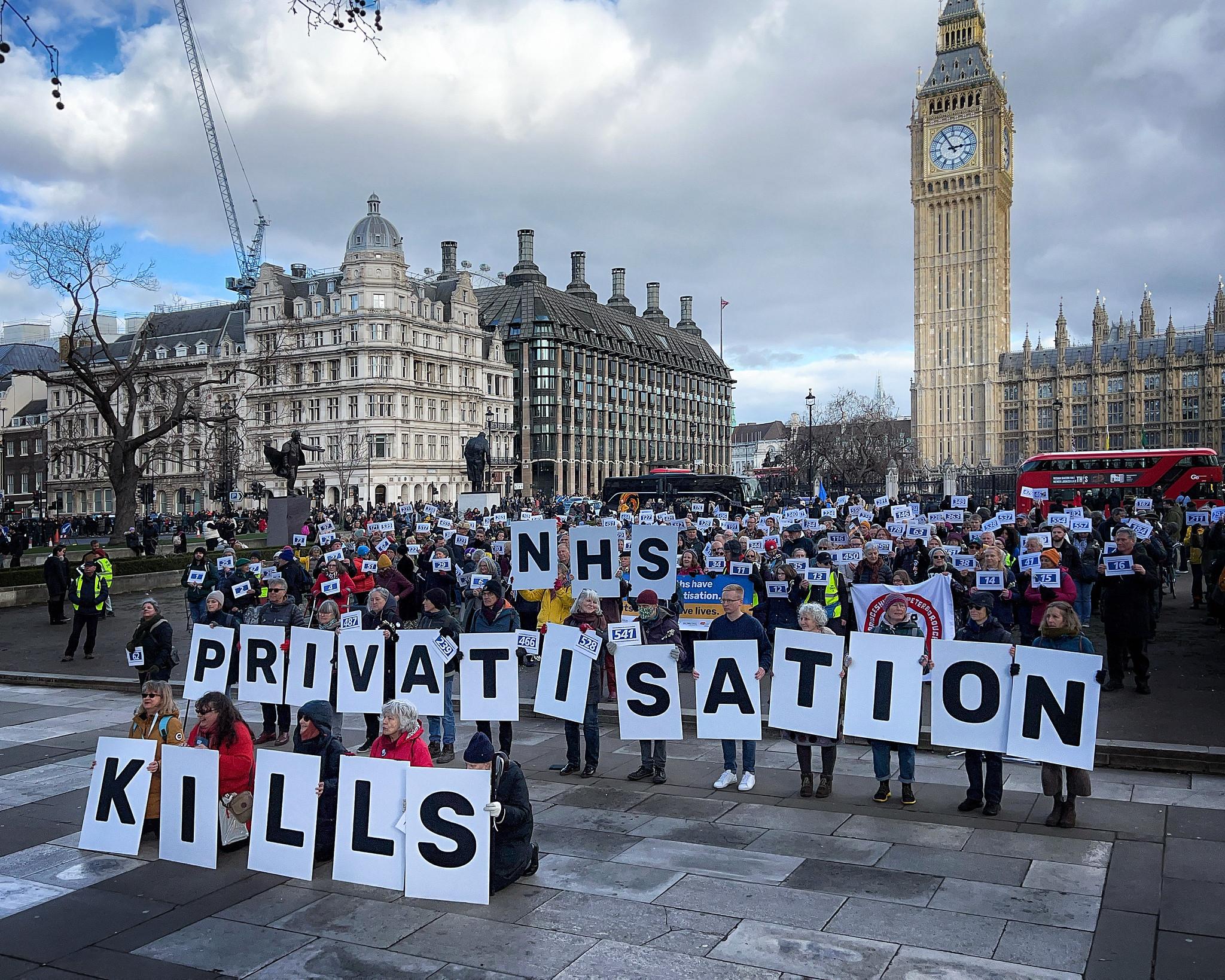 In recent months consultation responses have been requested on a range of topics related to the Health and Social Care Act 2012. But Ruth Thorlby argues that uncertainty still surrounds the reforms.
In recent months consultation responses have been requested on a range of topics related to the Health and Social Care Act 2012. But Ruth Thorlby argues that uncertainty still surrounds the reforms.
It has been a busy few months for those putting the flesh on the bones of the Health and Social Care Act 2012. Consultation responses have been requested on a wide range of topics, all of them central to the implementation of the coalition Government’s vision of a ‘liberated NHS’. Views have been sought on the NHS mandate, the NHS Constitution, Monitor’s draft licensing conditions and accompanying guidance, and the rules governing procurement and competition in the NHS, as well as joint strategic needs assessments and local authority scrutiny.
Responding is not a task for the faint-hearted. For example, the first raft of documents relating to the creation of economic regulation are extensive – Monitor’s draft licence, impact assessment and guidance on ‘commissioner requested services’ (just one aspect of the licensing regime) run to more than 350 pages, with another 40 page document from the Department of Health describing how the licensing regime will work across the NHS as a whole. They are essential reading for anyone interested in trying to understand how the reformed NHS might take shape and what impact it could have on health services – do have a look at the Nuffield Trust’s responses on the various consultations.
As far as the fledgling economic regulator is concerned, it is reassuring that the authors of the documents prepared for consultation are making strenuous efforts to balance the potential administrative burden on providers and commissioners against the likely gains from economic regulation – it is clear that Monitor has already engaged a range of NHS providers and commissioners as it prepared its draft policies.
But there are two big problems that bedevil any attempt to understand the future impact of economic regulation at this stage. The first is that the future scope of some of the licence requirements – for example the duty to provide information to Monitor – are unknown (pointed out repeatedly in the impact assessment). In some cases this is unlikely to be controversial: it is clearly in the interests of patients and tax payers that hospital and other providers understand the detail of what they spend on patients in a much more comprehensive way than they do at present. But in other areas, such as providing information about patient choice, there is more uncertainty.
How much effort and cost will be needed to demonstrate that patients are offered choice, given relevant and accessible information, and – most importantly – are enabled to act on that information? This raises the second big snag in fully understanding the costs and benefits of economic regulation: the interaction between the different regulatory, performance management and political elements of the system.
For example, Monitor has also asked for views on its draft guidance for commissioners to ‘designate’ services to be protected in the event of a provider failing, where patients are unlikely to have a viable alternative to use. The process set out in the guidance amounts to commissioners carrying out no less than a full market analysis of every service in a given area, detailed scrutiny of users of each service (stratified by income, ethnicity, socio-economic status), analysis of the interdependencies between services and any relationship between volume and quality.
Will clinical commissioning groups have the capacity to do this? Will it distract from or support their other commissioning functions? How should local communities be involved in this process and what happens if local people want as many services to be protected as possible? Who adjudicates?
The biggest uncertainty running through these and the other consultation documents is the extent to which the national bodies – Monitor, the NHS Commissioning Board, the NHS Transitional Development Authority, the Department of Health etc. – attempt to control the actions of local NHS providers and commissioners.
Genuine local autonomy for the NHS has often been promised, but rarely delivered. In recent years, a complex set of forces, including public pressure on politicians to have a standardised national service, has encouraged interference from the centre at the expense of local freedom. The current intense financial pressure on the NHS, growing public anxiety about the quality of services (which will be heightened by the forthcoming Francis report) and looming general election will put pressure on politicians to interfere. The risk is that this pressure is passed down the system, via the NHS Commissioning Board (intense performance management of commissioners) or Monitor (pressure to deliver more competition or alternative private providers).
Will this all mean that the whole point of this reform – to remove interference from the centre – will prove to be illusory?
This article was first published on the Nuffield Trust blog.
Note: This article gives the views of the author, and not the position of the British Politics and Policy blog, nor of the London School of Economics. Please read our comments policy before posting.
Ruth Thorlby is a senior fellow in health policy. Her research interests include NHS reform, GP commissioning, accountability, international comparisons and health inequalities. Before joining the Nuffield Trust she was a senior fellow at The King’s Fund, where her publications included two major reviews of NHS performance as well as a range of briefing and research papers.







obviously not indifferent types such as yourself. wake up and step up.